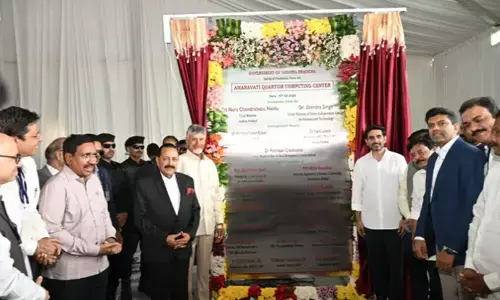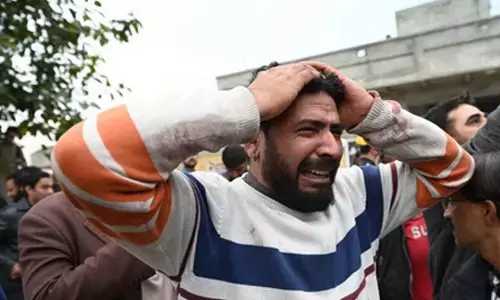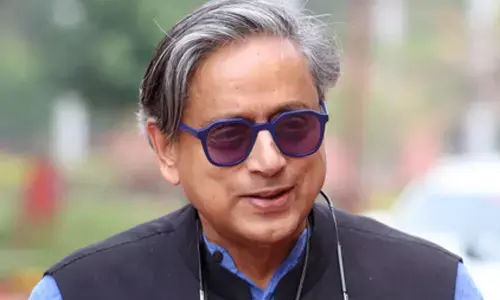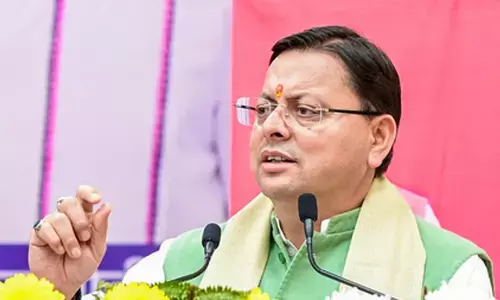Ensuring fair treatment to health policy holders

In a healthy development, the insurance sector regulator,
Insurance Regulatory and Development Authority of India (IRDA), has brought into effect certain changes that policy holders have been in much need of. IRDA has laid down turnaround time for cashless authorisation and final settlement of claims by health insurers.
Soon, health insurance companies will have to take a call on cashless authorisation requests for policyholders’ treatment within an hour. Currently, the turnaround times are different for different companies. Also, they have to approve the final cashless authorisation at discharge within three hours of receiving the bills. “If there is any delay beyond three hours, the additional amount, if any, charged by the hospital shall be borne by the insurer from shareholder’s fund,” says the master circular from IRDA.
Also, in the case of the policyholder’s death during treatment, the insurers will have to allow the release of mortal remains from the hospital immediately. The regulator has also addressed another dire need of the policy holders, which became in the wake of the pandemic. In the case of motor insurance, insurers reduce renewal premiums as a no-claim bonus. However, health insurers do not offer this. They typically hike the sum insured at no extra cost if
the policyholder does not file claims. Now, the IRDA has empowered the policy holders by giving them an option to choose between lesser premium payments or increase in the sum insured. Besides one-time renewal option, the policy holders can cancel their health insurance policies any time during the tenure, after serving a seven-day notice.
However, the regulator has failed to address one major grievance of the policy holders. At present, the insurers can withdraw policies and offer new policies at the time of renewal, requiring higher premiums. It only asked the companies to introduce a one-time option to renew the same policy if the renewal period falls within 90 days of the product withdrawal. There are also higher penalties for not complying with ombudsman orders.
This action of IRDA significantly enhances policyholder protection across life and health insurance segments. It also raised service standards and even made them uniform across the health insurance sector. Recently, it addressed a keen need of the seniors in India. The elderly population (60 and above) is expected to more than double to 347 million by 2050. In April, IRDA directed insurers to offer their usual health policies to everyone, including senior citizens. BJP creditably promised that everyone over the age of 70 years would be brought under the Ayushman Bharat health insurance scheme.
Along with these commendable measures for the sake of the aged population, India needs to do much more in the case of their access to health care, affordable medicines and better public health systems. But, that is the job of the government; the regulator can do only as much. Already groaning under lost incomes, limited social protection and rising prices, more and more families are forced into poverty due to health calamities. Any decline in out of pocket expenditure (OOPE) on health is directly proportional to healthcare expenditure by the governments, which is urged by experts to be raised from the existing 1.2% to 2.5% of GDP by 2025. Now, OOPE accounts for half of health spending by patients in the country.
IRDA has set its sights on ensuring insurance for everyone by 2047. While IRDA is doing what it can, the governments must wake up to reality and get their act together. Also, levying 18% GST levy on health and life insurance premia is ill-advised.
















